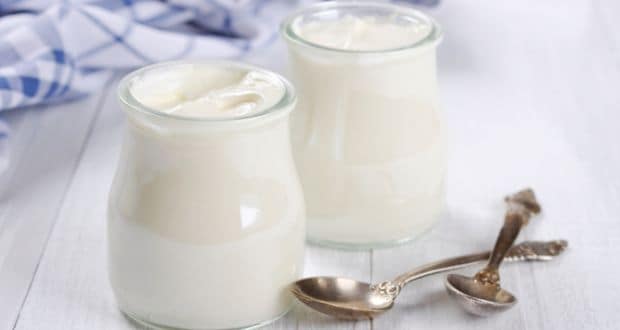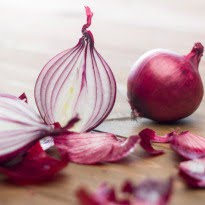
The test of being on a gluten free diet is not just getting off grains that have gluten. There are many ways in which you still might be damaging your gut. Think about the soya sauce or the Worchester sauce you enjoyed at your favourite Chinese restaurant.
To have a strong gut, you need to be on a very strict gluten free diet and that includes no cross contamination. In addition to this, you also need to take into consideration the following – a generic recommendation for a healthy diet:
- Daily calorific consumption should be similar to the daily calorific burn out
- Consume unprocessed food
- Limit salt/sodium consumption
- Eat more vegetables and fruits – the more colourful and varied, the better
- Limit consumption of fats and prefer unsaturated fats to saturated and trans fats
- Drink sufficient amounts of fluid
- Limit sugar intake
- Eat fiber rich food
- Limit red meat consumption and balance it out with fish, poultry, nuts and beans.
- Consume sufficient amount of vegetables and vitamins.
If you have been on a strict gluten free diet, some common issues may arise like your haemoglobin will always be slightly low, calcium levels need to be increased and the gut needs to be very strong.
Some of the things you can eat to improve your gut naturally are as follows:
1. Betaine HCL: Spinach and beetroot are excellent natural sources of Betaine HCL to increase your haemoglobin. Betaine HCL is a hydrochloric salt of betaine, which serves as a gastric juice acidifier. By lowering gastric pH, betaine HCL activates gastric protein, which degrades enzymes and stimulates the digestive process. Most kids can’t eat beetroot in a salad, so just add beetroot to your roti atta, chocolate cake or pasta sauce. Spinach can be boiled and pureed to make green pasta or green risotto. The easiest thing to make would be Palak Corn or Palak Chicken.
2. Probiotics:Probiotics help in maintaining the good bacteria in your gut. The best source is yogurt or buttermilk.
3. Prebiotics: Prebiotics are non-digestible carbohydrate based food ingredients that stimulate the growth of beneficial bacteria in the gastrointestinal tract. The opposite of probiotics, prebiotics are not living microorganisms but rather heat-resistant, fiber like substances. The health effect of prebiotics are brought about by an increased production of short-chain fatty acids by stimulated bacteria which feed the gut microorganisms and provide energy to the cells that form the intestinal lining. Some of the natural sources of prebiotics are garlic, onions, asparagus and leeks. They help the gut absorb calcium, magnesium and vitamin D.
4. Magnesium: Magnesium controls gastric acid production, gastric emptying, intestinal motility as well as bile secretion and digestive enzyme production. Early signs of lack of magnesium are bloating, constipation and cramps. The best natural sources of magnesium are almonds, seeds of pumpkin or melon and green leafy vegetables.
5. Curcumin: The main ingredient of turmeric is curcumin which stimulates the gall bladder to produce bile and facilitates the breakdown of large fat globule, thus improving digestion.
I’ll end by saying that having the right knowledge is the key to leading a healthy life.
[“source-ndtv”]










